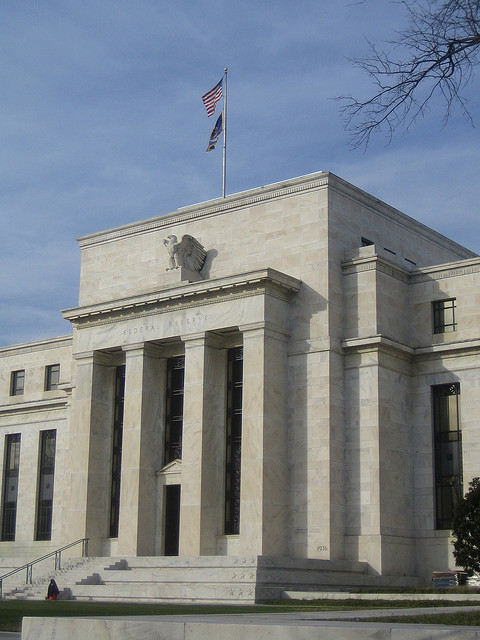As explained in last week’s FridayMail, by AllianzGI, more and more high-quality issuers can afford to offer negative bond yields. Attractive bond yields are becoming scarcer around the globe, putting investors on a diet. At the same time, the Greek budget is in for lean times, too. Even if Athens has agreed with the “institutions” on an extension of the bail-out programme until the end of June, it will not receive financial support immediately. The agreement will bring some relief for Greek banks, though (not least because Greek bonds will probably become eligible for ECB refi operations again).
Despite the tense situation, not least with regard to the still unresolved conflict in Ukraine, stock prices rose in both Europe and the US at the beginning of the week and crossed the thresholds of 18,000 (Dow Jones) and 11,000 (DAX), respectively. Market participants‘ trust in the central banks‘ willingness to act works like a sedative, and the ECB’s ultra-expansionary monetary policy is a treat for the European stock markets in particular.
Speaking of monetary policy, Allianz GI believes that even though Fed Governor Janet Yellen’s testimony statements were largely regarded as dovish, the Fed is slowly moving towards its first rate hike – while the global bond markets are still not willing to believe that. A repricing of the Fed’s and the Bank of England’s (BoE) monetary policy will therefore remain one of the key investment themes during the coming months, said the week’s FridayMail of AllianzGI.
Meanwhile, the PMIs suggested that the US upswing is still intact, despite recently disappointing data. While the downtrend in consumer prices might trigger a deflation discussion in North America, too, the oil price slide is the main reason for the price decline. In the medium term, the economic uptrend – and the labour-market recovery in particular – should increase inflationary pressures. Interestingly, according to the minutes of its January meeting, even the Bank of Japan does not seem to see any necessity for additional monetary stimulus, as downward risks to inflation abate.



 By Fórmate a Fondo
By Fórmate a Fondo
